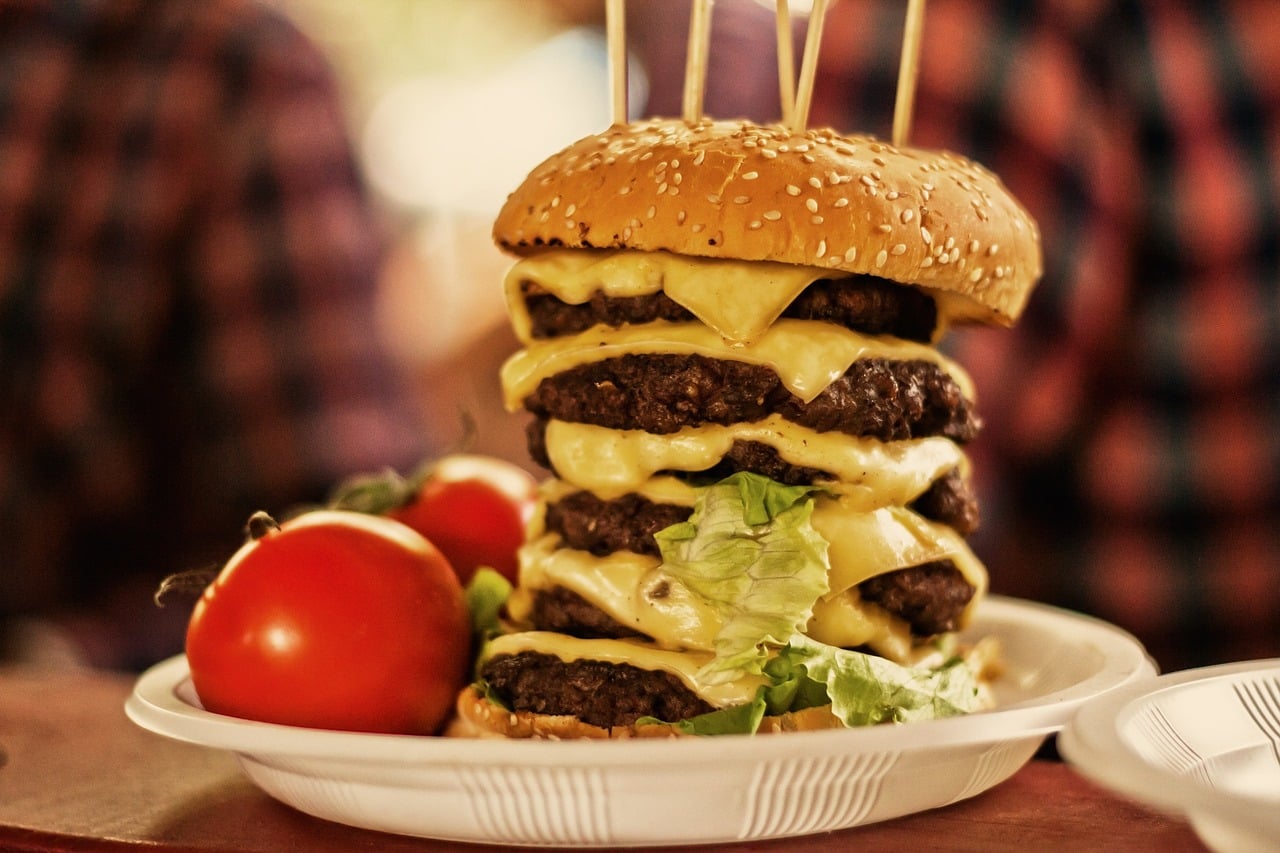
Gluttony is associated with an excessive appetite.
Gluttony is the human mechanism characterized by excessive appetite in eating and drinking . Within the norms of the Christian religion , a person who gives in to his desire to eat and/or drink more than his body needs is committing a capital sin .
In colloquial speech the term is used to refer to an attitude of exaggerated appetite , without entering into moral judgments . Some phrases that are often said to include this expression are: "Don't eat more. "It is out of gluttony and not hunger that you are doing it," "Don't let yourself be dominated by gluttony, we all have to eat!" "Last night I gave in to gluttony and today my stomach hurts, but I can't complain."
Gluttony in Christianity
For the Christian religion there are three types of sins: mortal sins (the most serious), venial sins (the most common) and capital sins (related to the most dangerous temptations of the flesh). There are seven deadly sins: lust , sloth , anger , envy , greed , pride and gluttony . It is worth mentioning that today the latter is also known as gluttony .
This sin is committed because there is a spiritual disorder in the individual that leads him to lose control over his own actions. The way in which this instability materializes is by giving free rein to the body's strongest impulses; In each person the desires of the flesh vary, according to their tendencies. In the case of people who are dominated by gluttony, there is usually great anxiety that is manifested by a disorder in the priority desire for them: eating .

Gluttony leads a person to ingest products that they know are harmful to health.
A health risk
It is also said that someone is dominated by gluttony when they eat or drink something that they know will cause health problems. The desire to obtain pleasure is stronger than his own awareness of the disorder that his actions will cause, and he cannot resist the impulse.
In turn, a person who is not able to enjoy food, but rather concentrates on eating as much as possible during the meal, also incurs this capital sin. In this case, they are usually individuals who do not pay attention to those who accompany them during the meal and who eat voraciously.
It is worth mentioning that a concept opposite to gluttony is fasting . Voluntary abstinence from food for a certain period of time is known as such. Fasting can be done for religious, political or health reasons.
Gluttony in art
The deadly sins have been echoed in numerous works of art . There is, for example, a painting by Pieter Brueghel titled "The Seven Deadly Sins or the Seven Vices" in which the seven weaknesses that cause these errors are illustrated.
Various paintings have been made of gluttony in particular and it has also appeared in numerous stories throughout history. Here we present some examples.
- In Alighieri's "The Divine Comedy" , gluttony is one of the protagonists. There, the penitents who are in Purgatory are forced to stand between two trees from which hang fruits that they cannot reach; It is a form of punishment so that they can understand how harmful and distorted their desire is.
- Hieronymus Bosch , better known as Bosch , dedicated much of his career to working on the deadly sins through various techniques. Thus, he made a series of paintings in which he exposed the characteristics of each of the seven deadly sins. The most famous is the one where the seven are depicted; The one of gluttony is represented with a man who is eating greedily, he seems detached from reality, he only pays attention to the act of eating. This painting is known as "The Table of the Seven Deadly Sins" . He also made another painting about gluttony exclusively; It is titled "Allegory of Gluttony and Lust." In it you can see a group of people eating and drinking wildly , their faces illuminated, as if possessed by a strong internal drive .
